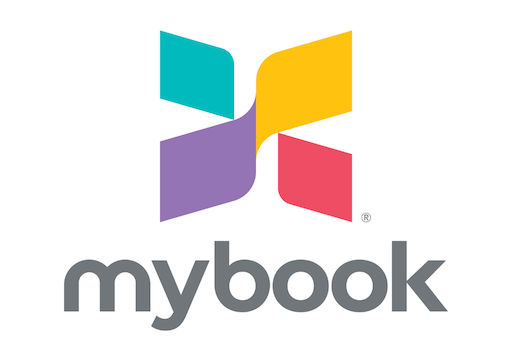
Tell Digital Marketing Requirements: Essential Guide for Clients
In today’s rapidly evolving business landscape, knowing how to effectively tell digital marketing requirements as a client is pivotal. It can mean the difference between a campaign that soars and one that falls flat. Whether you’re a small business owner or a seasoned marketing manager, understanding what you need from your digital marketing efforts is crucial for success. So, let’s break it down and explore how to articulate your goals effectively.
Understanding Your Business Goals
First and foremost, it’s essential to identify your business objectives. Are you looking to increase brand awareness, generate leads, drive sales, or enhance customer engagement? For instance, I once worked with a startup that was primarily focused on building brand awareness before launching their product. By prioritizing this goal, we could design a digital marketing strategy tailored to promote their unique value proposition through social media and content marketing. Identifying clear, concise goals helps you communicate effectively with your digital marketing team.
Know Your Audience
Once you’ve established your goals, the next step to effectively tell digital marketing requirements as a client is understanding your target audience. Who are they? What are their preferences, pain points, and behaviors? For example, a local café aiming to attract college students might focus on Instagram campaigns showcasing appealing visuals of their offerings. In contrast, a B2B enterprise could benefit more from LinkedIn strategies centered around sharing industry insights. Knowing who you’re talking to allows your marketing team to create more personalized and impactful strategies.
Specify Your Budgets
Don’t shy away from discussing budgets; it’s an essential part of the planning journey. Being upfront about your financial constraints or goals allows your marketing team to tailor strategies accordingly. For instance, a nonprofit client I worked with had a modest budget but aimed for a viral campaign to raise awareness. By leveraging organic social media strategies and partnerships with influencers who believed in their cause, we crafted a cost-effective plan that exceeded expectations. Your budget can guide your marketing tactics, so articulating it clearly is important.
Define Key Performance Indicators (KPIs)
When you’re clear about what success looks like for your campaign, you’re setting both yourself and your marketing team up for success. Define KPIs that align with your goals. Are you measuring website traffic, conversion rates, social media engagement, or email open rates? In a past project, we helped a client track their email marketing’s open rates, leading to data-driven adjustments in their strategy. Understanding how success will be measured helps keep everyone aligned and accountable.
Choose the Right Platforms
Not every platform will be effective for every business. As a client, you need to share any particular platforms you believe are crucial for your audience or brand. For example, if your business thrives on visuals, platforms like Instagram or Pinterest could be your go-to. Alternatively, for B2B services, platforms such as LinkedIn and industry-specific forums might be more beneficial. By specifying your preferences or past experiences, you help inform your marketing strategies.
Keep Communication Open
An ongoing dialogue with your marketing team is vital. Provide feedback on campaigns, update them on any changes in your business structure or goals, and share audience insights. For example, if there’s an upcoming event that could affect the market dynamics, letting your team know can lead to pivoting strategies seamlessly. Keeping the lines of communication open fosters a collaborative atmosphere where creativity can flourish.
Stay Flexible
Lastly, be prepared to adapt. The digital landscape is continuously evolving. Algorithms change, user behaviors shift, and what worked yesterday may not necessarily be effective tomorrow. A great example is during the COVID-19 pandemic when many businesses had to revise their strategies dramatically. By remaining flexible and open to change, a client can ensure the marketing plan is relevant and effective.
Building a successful digital marketing strategy isn’t just about telling your marketing team what you need; it’s about fostering a partnership. By establishing clear goals, understanding your audience, setting budgets, defining KPIs, choosing the right platforms, and maintaining open communication, you set the stage for collaborative success.
FAQs
1. What should I include in my digital marketing strategy?
Your digital marketing strategy should include clear business goals, target audience profiles, budget constraints, chosen platforms, and defined KPIs for measurement.
2. How do I know which digital marketing agency is right for me?
Look for an agency with experience in your industry, a solid portfolio, positive client testimonials, and transparent communication styles that resonate with your expectations.
3. How often should I communicate with my digital marketing team?
Regular check-ins are essential. Depending on the campaign, weekly or bi-weekly meetings can foster collaboration and allow for timely adjustments to the strategy.
Related Posts
Switch Lead Gen Expert: Effortless Steps for Success
In todays competitive landscape, becoming a switch lead gen expert can transform your approach to business growth. With a focus on building relationships and understanding your audience, youll discover...
Switch Instagram Consultant: Effortless Guide to Success
Are you struggling to make an impact on Instagram? A switch to an Instagram consultant could be your key to effortless success, guiding you through the ever-changing social media landscape and helping your...












